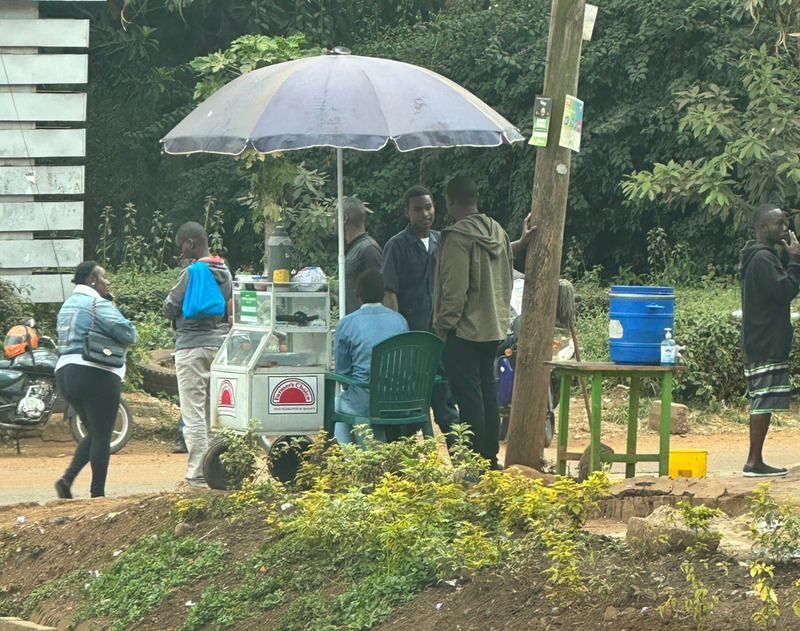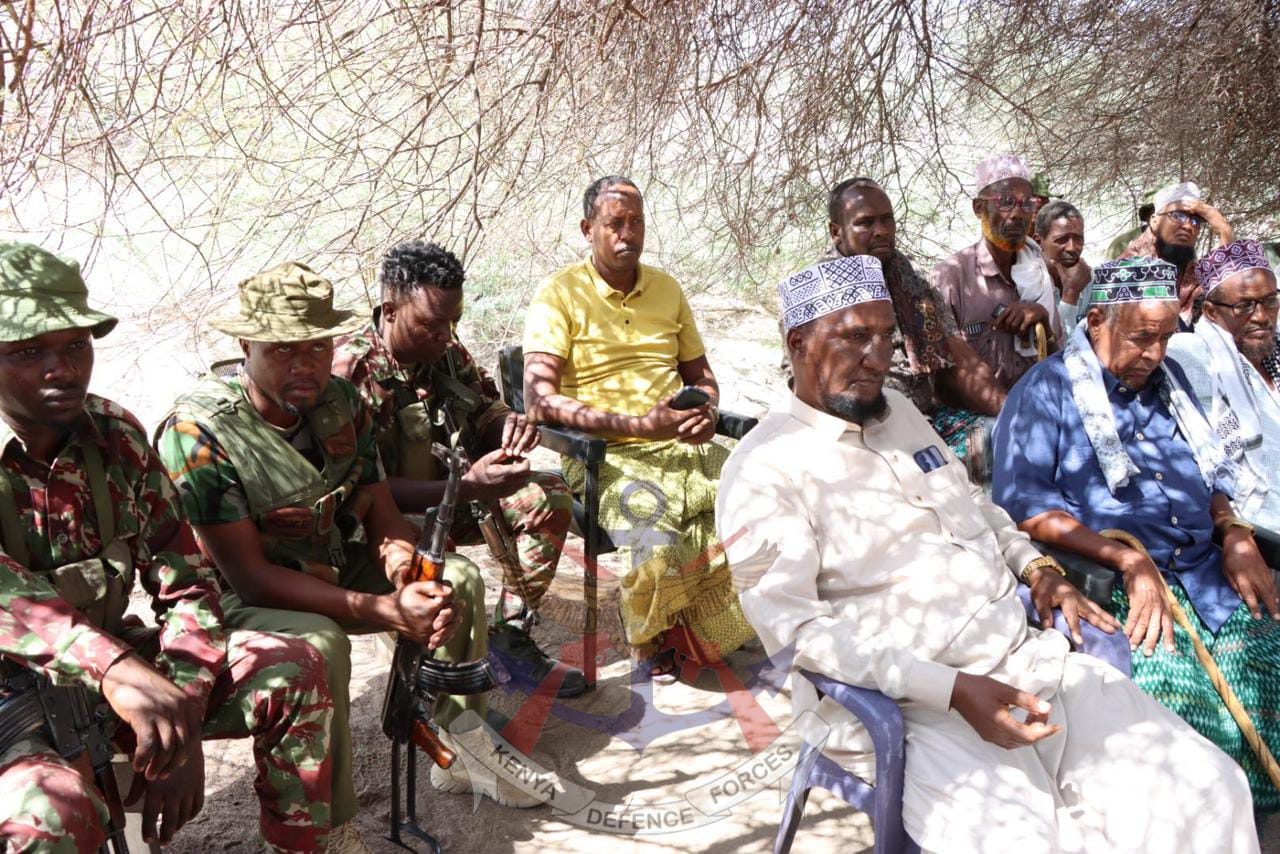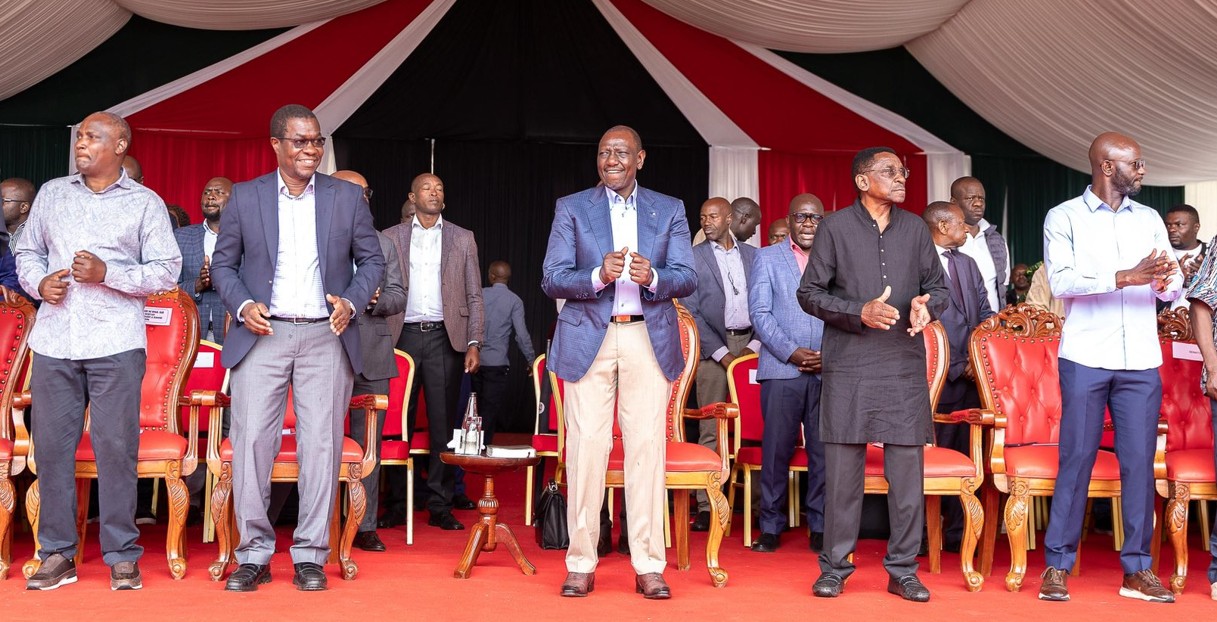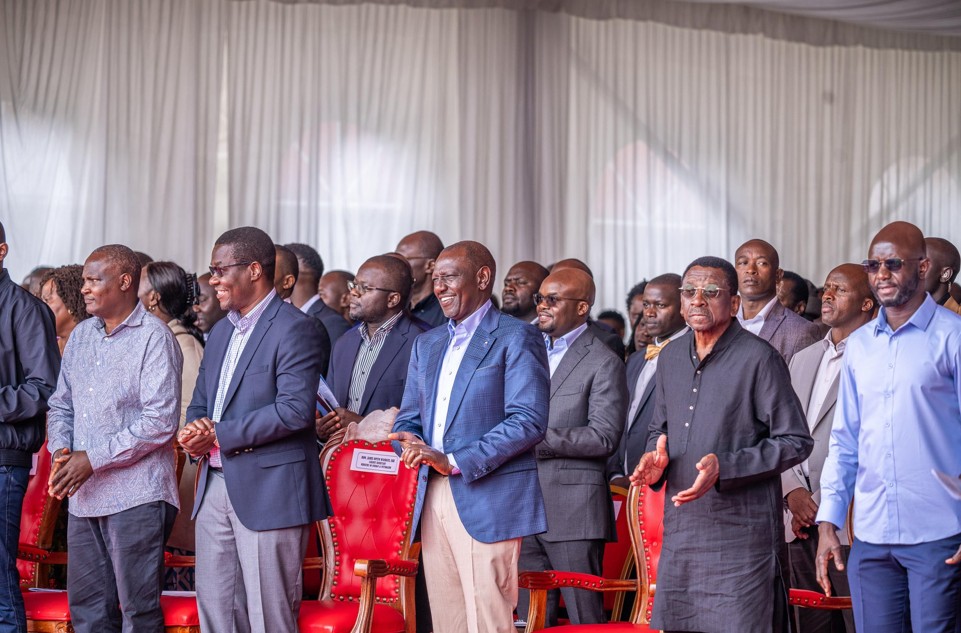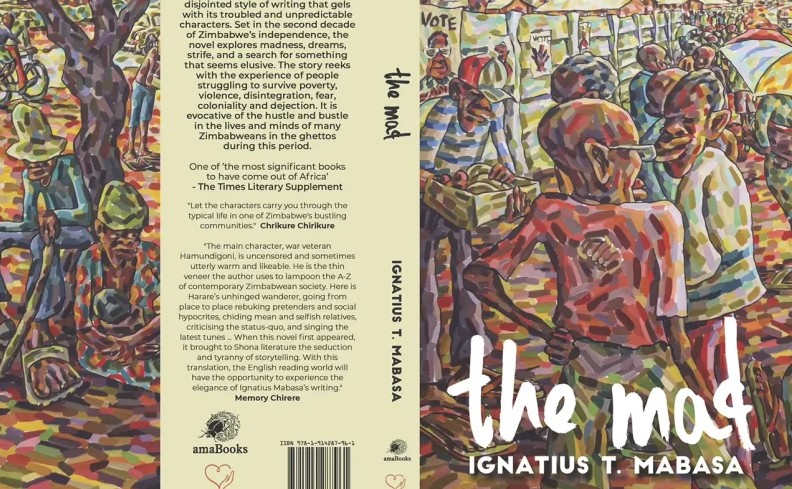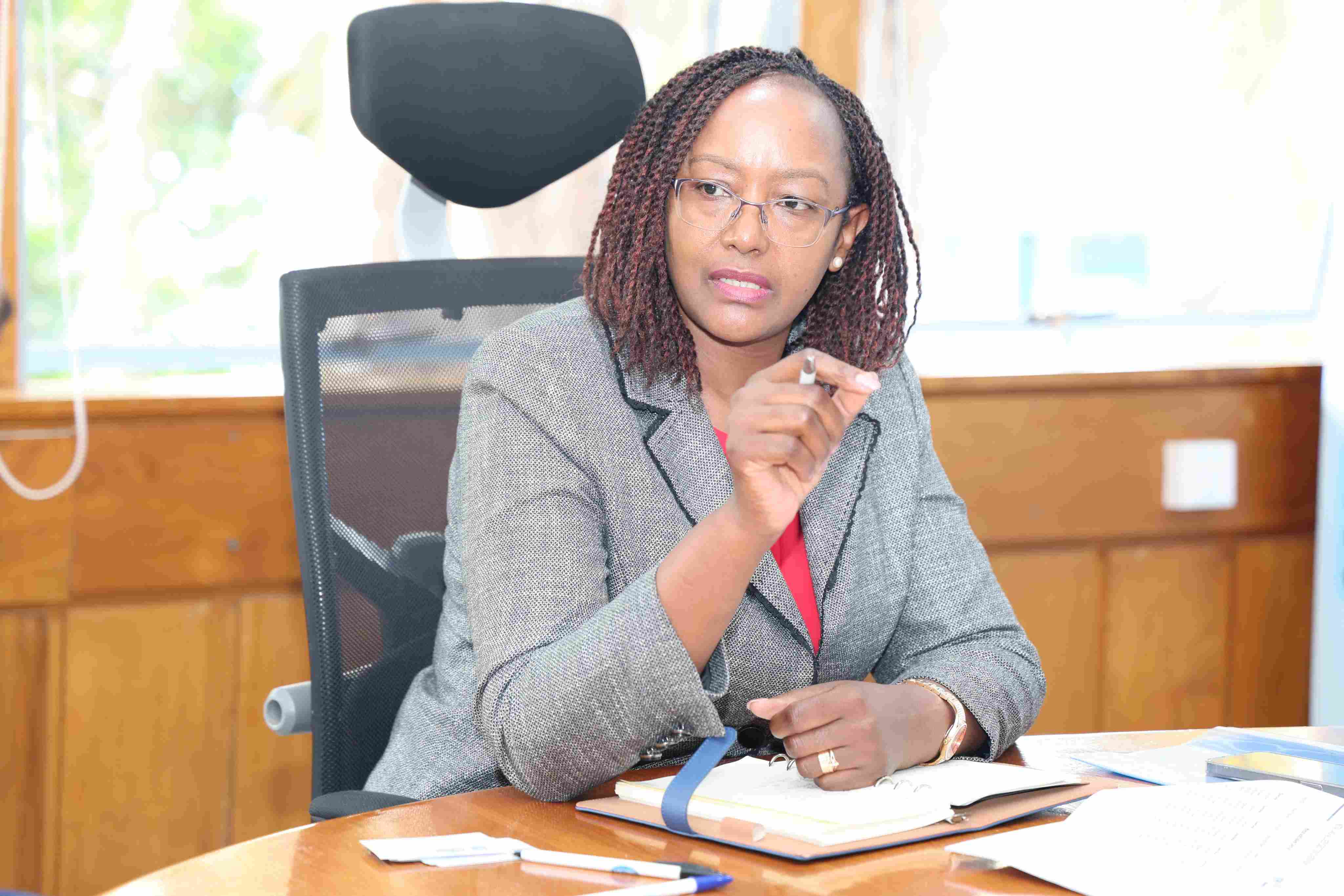Judiciary struggles with backlog as MPs push for system overhaul
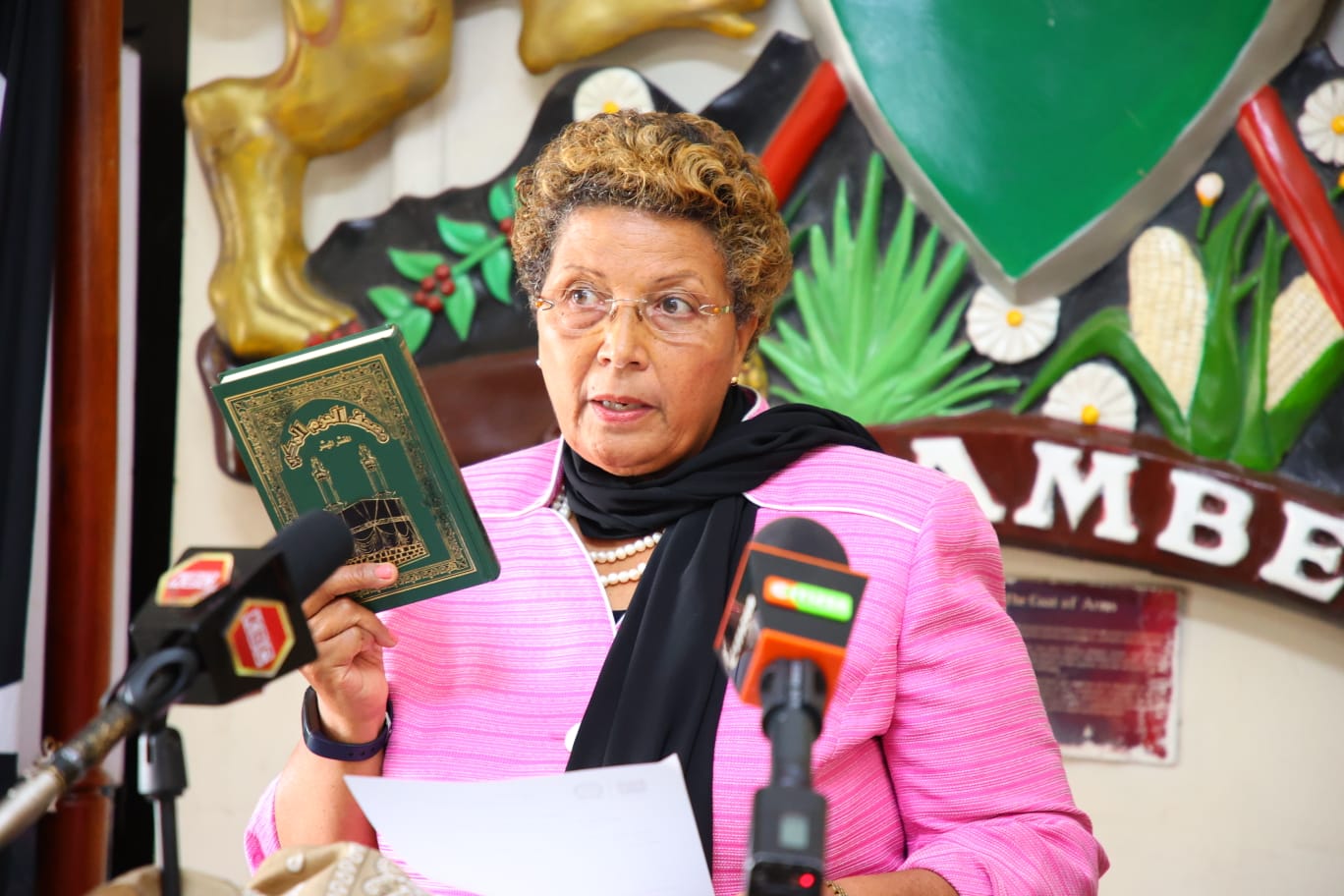
MPs stated that the delays, high costs, and inaccessibility of the courts are eroding citizens' confidence in the judiciary. They warned that unless the system is fixed, the public will continue to suffer and view the courts as tools for injustice rather than resolution.
The rising frustration over Kenya’s slow and costly justice system was laid bare during a session between the Judicial Service Commission (JSC) and the Constitutional Implementation Oversight Committee (CIOC), with Members of Parliament demanding urgent reforms to ensure fair and timely access to justice for all Kenyans.
MPs stated that the delays, high costs, and inaccessibility of the courts are eroding citizens' confidence in the judiciary. They warned that unless the system is fixed, the public will continue to suffer and view the courts as tools for injustice rather than resolution.
More To Read
- CJ Martha Koome hails 2010 Constitution as transformative, cites gains and challenges 15 years on
- JSC reveals 946 petitions against judges processed, 210 judicial staff dismissed
- IG Kanja appeals for more resources to strengthen National Police Service
- CJ Martha Koome pushes back against criticism over parliamentary interference
- Supreme Court rules Chief Registrar has no powers to discipline, fire judges or magistrates
- CJ Koome roots for AJS to resolve long running land disputes in Mombasa
“How is it that the earliest judgement one can expect takes 4 or 5 years? Kenyans are losing faith. Quick access to justice isn’t a luxury, it’s a constitutional right,” said Nambale MP Geoffrey Mulanya.
The legislators said the challenges are real and not imagined, as many of their constituents face similar obstacles while pursuing legal redress.
Mwingi West MP Charles Nguna said justice remains out of reach for many because of distance and infrastructure gaps.
“Why should someone travel hundreds of kilometres just to be heard? We should have a functioning court in every constituency. Justice must be brought closer to the people,” he said.
Lady Justice Fatuma Sichale, who spoke on behalf of the JSC, outlined the major issues facing the judiciary. She said the country is burdened by a huge backlog of unresolved cases and a shortage of judges and appeal benches.
“We’re sitting on a backlog of 257,000 cases. With only nine Court of Appeal benches hearing all appeals in the country, the average lifespan of an appeal is about five years. We’re working on establishing 15 more benches, but the elephant in the room is funding.”
Sichale said 14 prototype courts have already been set up through partnerships with MPs, but stressed that staffing, equipment, and funding remain key obstacles to expansion.
“Every sub-county needs a court. We’re embracing partnerships to make that happen,” she said. “But to function, these courts need more personnel and equipment. The budget allocation, less than 1 per cent of the national budget, is not enough.”
MPs also raised concern over delays they described as intentional, as well as unexplained case transfers and a lack of openness in handling matters.
“Intentional delays, questionable transfers of cases, and a lack of transparency fuel the perception that justice is compromised,” said Caroli Omondi. “We need a clear case management policy, judicial performance statistics, and greater accountability. This isn’t just about courts, it’s about the trust of the Kenyan people.”
Mulanya also questioned the practice of filing cases far from where complainants live, saying this makes legal processes even more difficult for ordinary Kenyans.
“Why should a case be filed in Kisumu when the complainant lives in Nairobi? Kenyans are frustrated. Succession matters remain inaccessible. We need a policy, urgently.”
The Chief Registrar added that the JSC has limited powers to discipline judicial officers and that key proposed reforms remain stuck, further complicating efforts to fix the system.
“The JSC can only recommend the removal of a judge. We can’t issue sanctions or address minor infractions. Even proposed legislation from JSC remains pending,” she said. “There’s also a friction in appointments due to tensions between arms of government.”
Despite the challenges, there was consensus that the system must be restructured and properly funded to deliver justice quickly and fairly to all citizens, regardless of their background or location.
Corruption cases
Separately, Attorney General Dorcas Oduor announced in February that the government is working on a law to ensure all corruption and economic crime cases are resolved within six months.
Speaking at the launch of the Kenya Integrity Plan at KICC, she said the Anti-Corruption Law Amendment Bill 2025 would fast-track the hearing of graft cases.
"We have developed the Anti-Corruption Law, Amendment Bill 2025, which seeks to, among other things, have corruption and economic crimes concluded within six months after commencement and lessen the time taken to appeal at the High Court and the Court of Appeal," she stated.
"If the amendment goes through, then all corruption cases will have to be concluded within this timeframe," the AG said.
She urged all institutions to be more accountable and embrace modern tools to investigate and fight corruption effectively.
"We have done much in the fight against corruption, but in 2025, we still face economic challenges tied to graft. If the proposed amendments go through, all anti-corruption cases will have to be concluded within this timeframe," she said.
Top Stories Today


